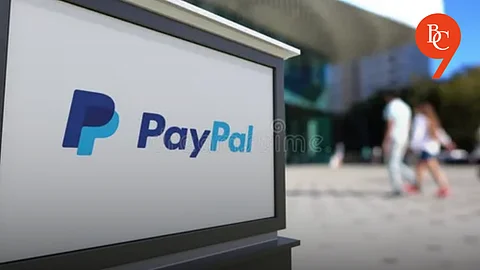

PayPal has announced a breakthrough in digital payments by introducing “PayPal World,” an interoperability platform designed to unite some of the world’s largest domestic digital wallets, starting with China’s Tenpay (Weixin/WeChat Pay) and India’s Unified Payments Interface (UPI). This move marks a leap forward in cross-border commerce, enabling almost two billion users to transact seamlessly across global markets.
For decades, transferring money or paying businesses in other countries required specialized accounts, banking relationships, or credit cards, often with complex processes and extra fees.
Users of India’s UPI, China’s Tenpay, Mercado Pago (Latin America), and Venmo (US) can pay or transfer funds across borders directly from their existing wallets within the PayPal network. Consumers can shop internationally or send money simply by clicking PayPal at checkout, then linking their domestic wallet; no new PayPal account or integration required for merchants.
Businesses using PayPal automatically gain access to customers from these wallet partners without additional technical work, expanding their market reach.
Besides UPI and Tenpay, early partners include Mercado Pago and Venmo, with more wallets and payment services slated to join in future phases. Built on open APIs and a cloud-native, multi-region infrastructure, PayPal World positions itself as an interoperability layer, not just another wallet, ensuring robust security, low latency, and compatibility with AI and stablecoin technologies; future-proofing international commerce.
By building the world’s first truly interoperable payments network at this scale, PayPal World has the potential to change how both developed and emerging markets engage in commerce. As more wallets and countries join, and the platform integrates future-facing technologies like AI and stablecoin payments, this could reshape not just global e-commerce but also financial inclusion for billions worldwide.
